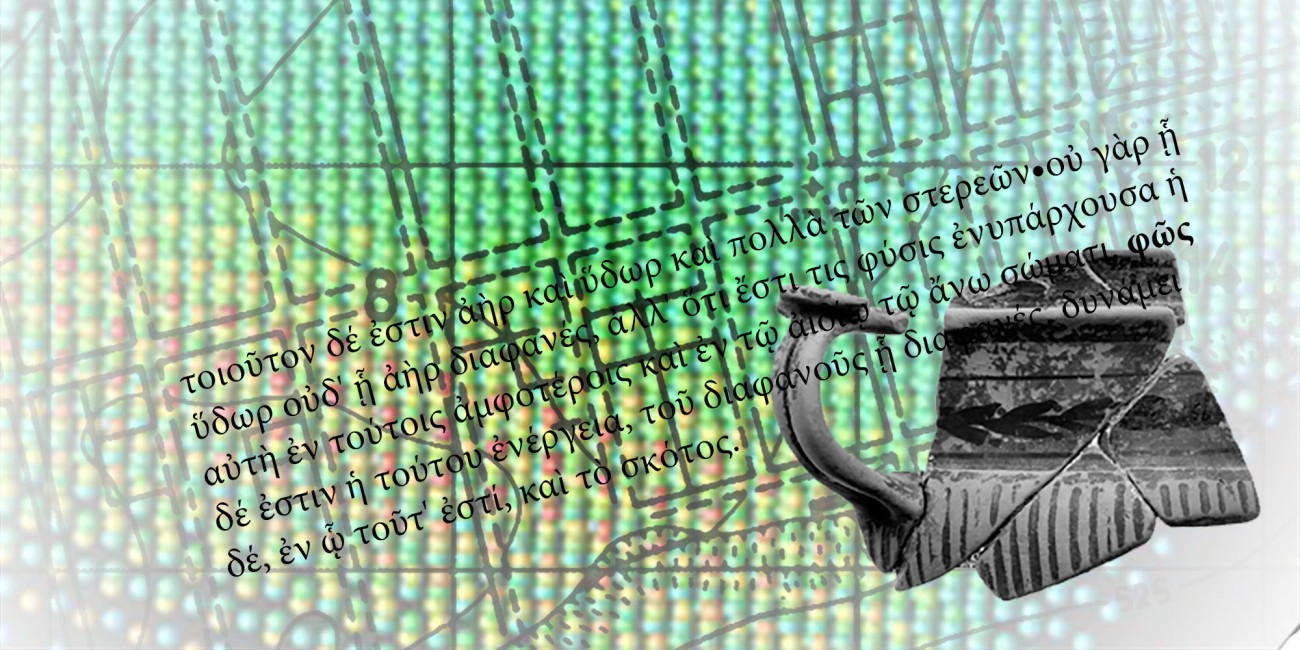| Project Title | ΦΩΣ 4D – Tool for Affordance-Based Daylight Analysis in Ancient Houses Using Simulation |
| Acronym | ΦΩΣ 4D |
| Project Description |
Daylight plays a fundamental role in the study of ancient domestic architecture. Its availability structures and defines the multimodal affordances — that is, the possible uses and activities — of built spaces throughout the day and across the seasons. In this sense, daylight acquires a tangible, object-like quality within the ancient dwelling. The goal of this BMBF-funded project is to develop a metric that, based on digital reconstruction and computer simulation, quantifies both the available daylight and the associated affordances in ancient living and working spaces. This interdisciplinary collaborative project between TU Darmstadt and Leipzig University brings together four research groups from the fields of Archaeology, Architectural Research, Lighting Science, and Ancient History. At the core of the TU Darmstadt subproject “Case Studies – Metrics – Theory”, methods and metrics for determining available daylight are developed through digital reconstructions and simulation models of four case studies of ancient Greek and Roman houses. These will then be compared with their material and spatial characteristics, providing new insights into how daylight shaped ancient domestic environments. |
| Coordination | TU Darmstadt – Department of Classical Archaeology |
| Project Partners |
Archaeology: Department of Classical Archaeology, TU Darmstadt – Prof. Dr. Franziska Lang Ancient History: Department of Ancient History, Leipzig University – Prof. Dr. Charlotte Schubert Architectural Research: Department of Classical Archaeology, TU Darmstadt – Dr.-Ing. Clemens Brünenberg Lighting Science: Department of Classical Archaeology, TU Darmstadt – Dr.-Ing. Andreas Noback Institute of Civil Engineering, Competence Center Building Envelope and Structural Engineering, Lucerne University of Applied Sciences and Arts – Dr.-Ing. Lars Oliver Grobe |
| Project Duration | March 1, 2021 – February 29, 2024 |
| Funding | Federal Ministry of Education and Research (BMBF) |
| Project Website | (to be announced) |
Architektur

